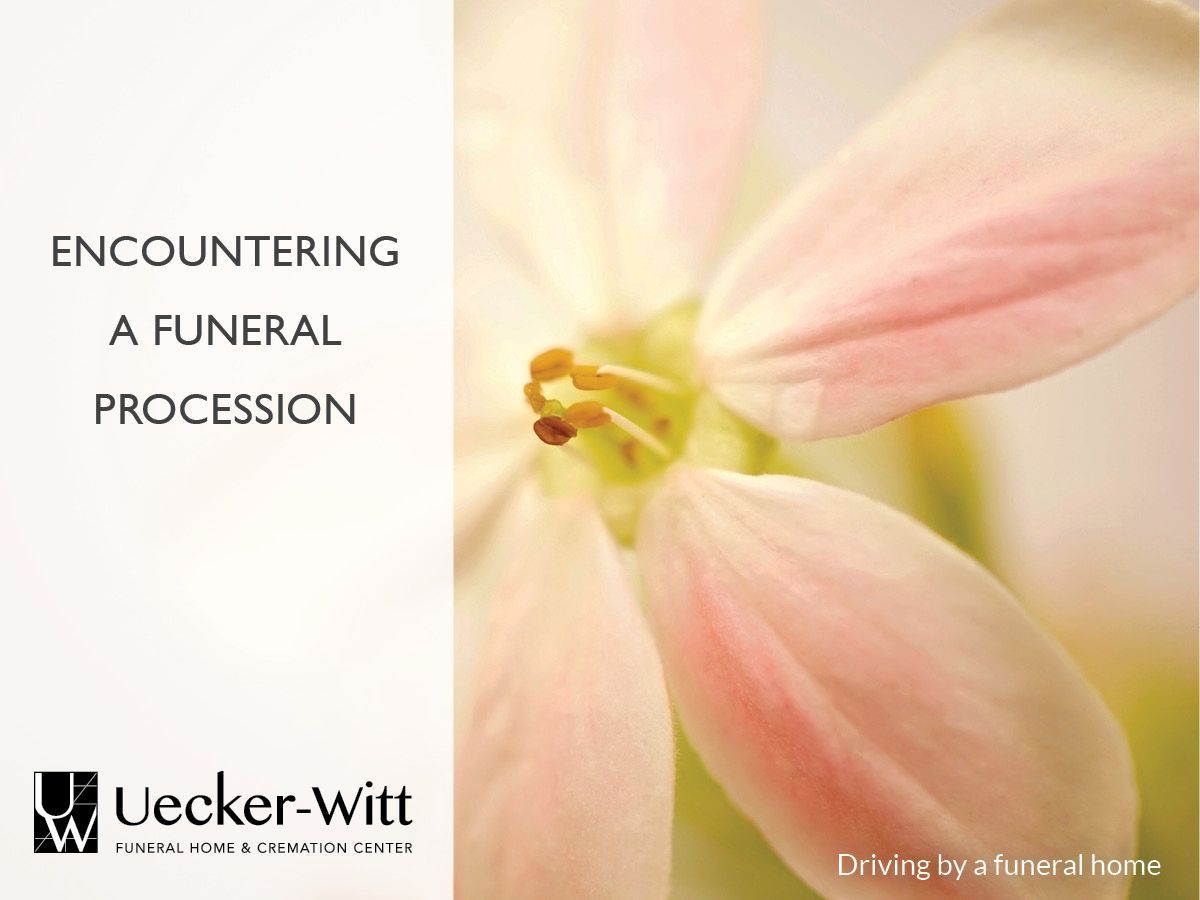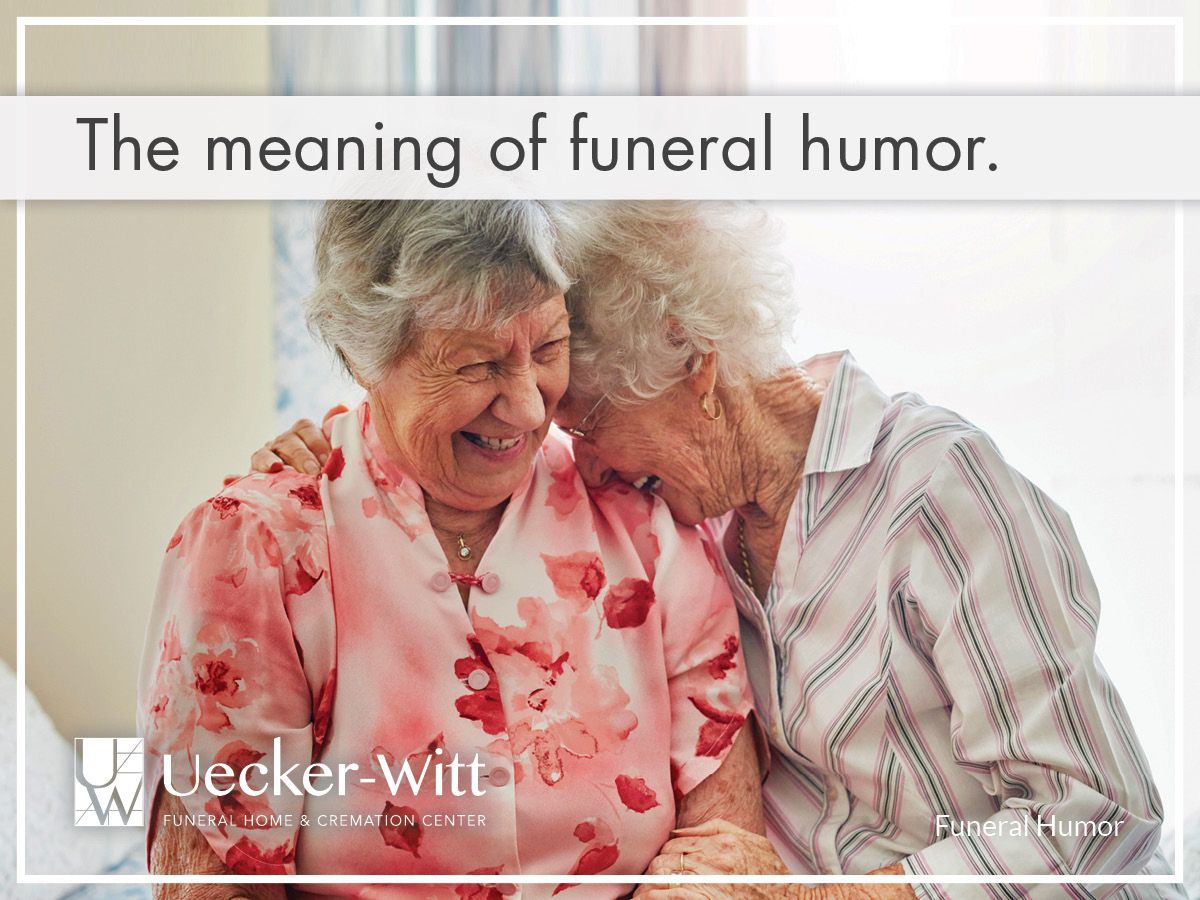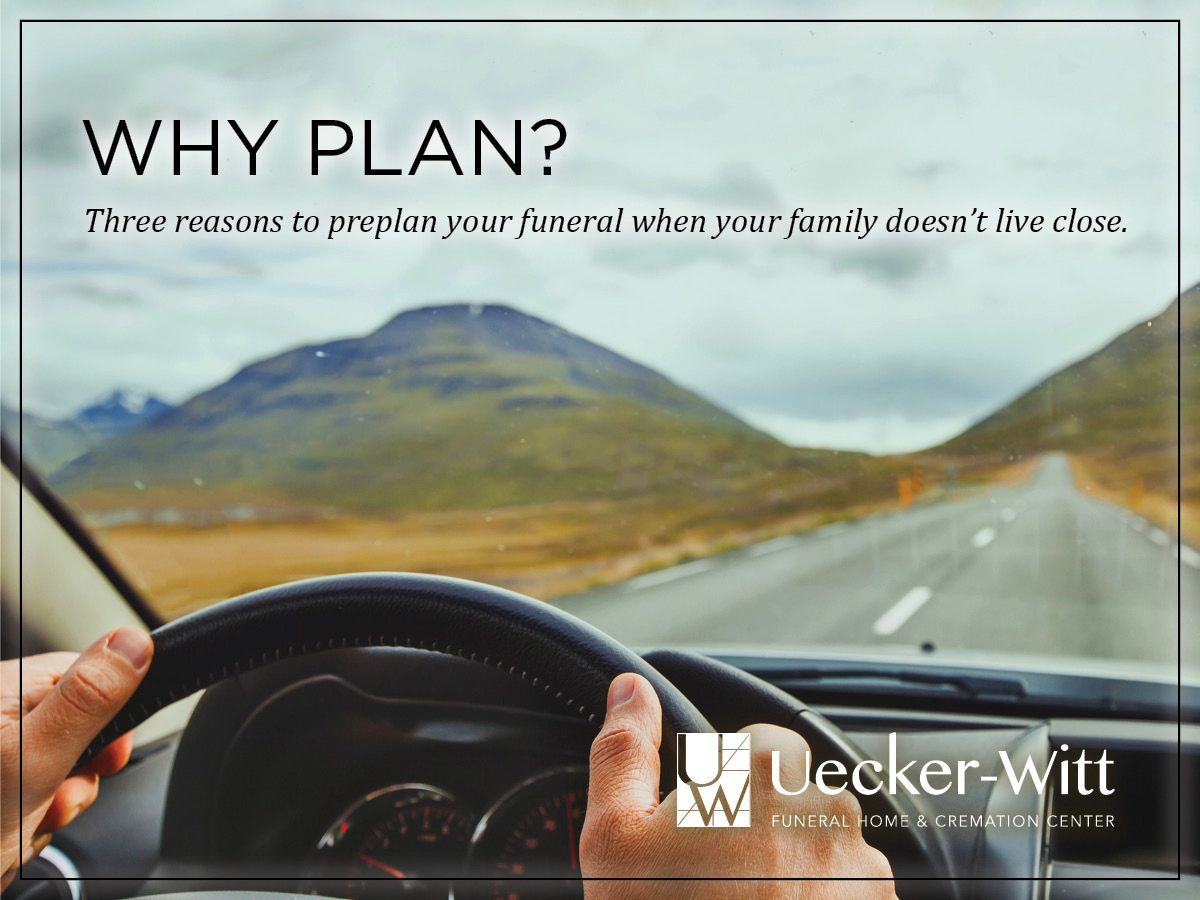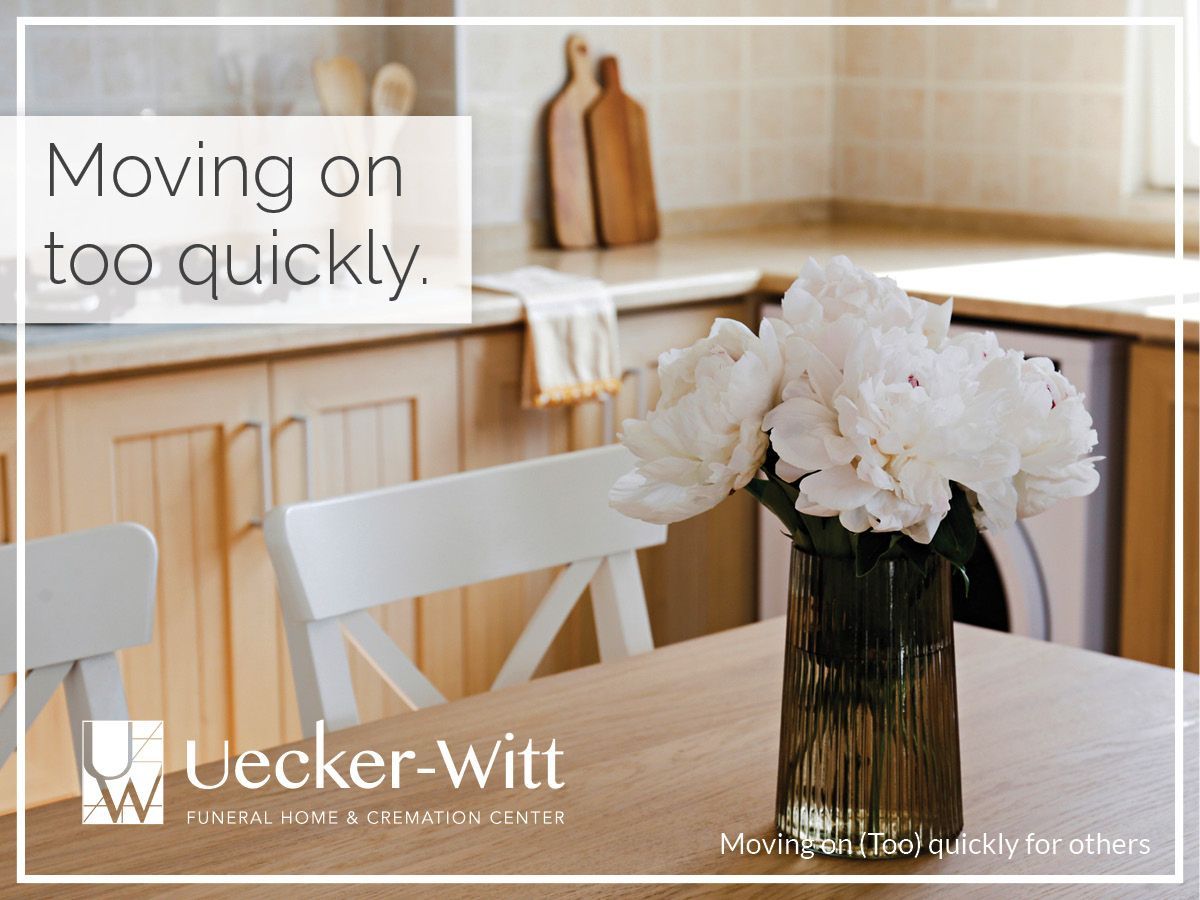What to Expect When Your Catholic Friend Dies
Roman Catholic refers to a religious body that acknowledges the pope as its authority and the Vatican as the center of ecclesiastical unity. The Catholic Church’s position on death is as follows … From the General Introduction of the Order of Christian Funerals: “The Church intercedes on behalf of the deceased because of its confident belief that death is not the end… The Church also ministers to the sorrowing and consoles them in the funeral rites with the comforting word of God and sacrament of the eucharist.”
Funeral services for a Catholic, in their entirety, will have three parts. Today it is not uncommon for one or more parts to be omitted or abbreviated. Still, the Church recommends the funeral contain all three parts since each has a special function or purpose. The parts include:
1. The Vigil or Wake: This is an opportunity for family, community, and friends to gather, pray, and offer condolences to the family of the deceased. It is a time to remember the life of the deceased. The vigil…
· Usually takes place at the funeral home the evening before the service or morning before the service at the church.
· The body is usually present. The casket may or may not be open. Mourners will approach the casket and say a silent prayer.
· Eulogies, pictures, secular music, and food may be a part of this service. What is included varies depending on the ethnicity of the family and their traditions. This is a time for focusing on the life of the deceased. Having the Vigil in the funeralhome almost always allows for a greater flexibility when it comes to eulogies, pictures, secular music and food as many churches do not have the same
capabilities as funeral homes, and many will have policies limiting activities, especially if the vigil were to take place in their worship space.
· A priest or deacon may lead those gathered in a brief prayer service.
2. The Funeral Liturgy: This is the liturgical celebration of the community for the deceased. A Mass is encouraged. The funeral liturgy is an act of worship.
· The priest, followed by the casket and then the family, will process into the church.
· Attendees who are not Catholic may stand, sit, and kneel along with Catholics during the service/Mass. Guests who are not comfortable with kneeling may sit during the entire service.
· No special head covering is required for women or men.
· Prayers will be read, and communion will be distributed.
· Only Catholic attendees may receive communion. This is out of respect for what Catholics believe communion is and out of respect for the fact that non-Catholics do not share the same belief.
· Eulogies and secular music will not be a part of this service.
3. The Interment: Funeral guests are invited to attend the interment.
· Prayers will be led by the priest or deacon.
· Military rites may be included if applicable.
· The grave will be closed after participants leave the cemetery.
· A wake or luncheon may follow the interment and can be held at the funeral home, the church hall, or a restaurant.
When a Catholic dies it is appropriate to:
· Telephone or stop by to offer condolences.
· Send flowers to the funeral home or to the home of close family members.
· To bring food to the family.
· To make a contribution to charities in honor of the deceased.















